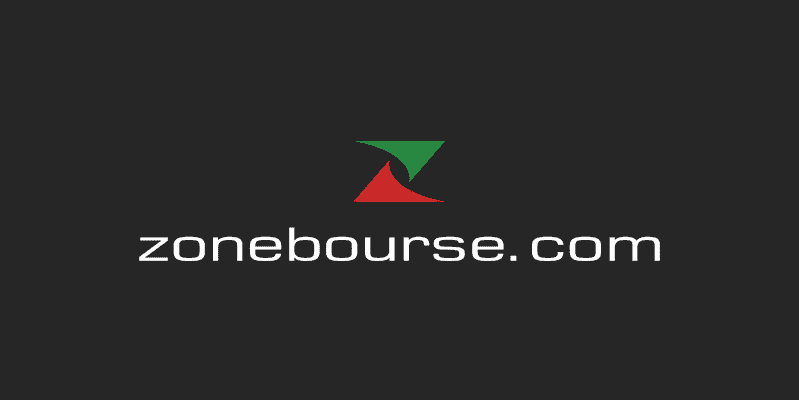PARIS (awp/afp) – Since the start of the war in Ukraine, gas has been an economic weapon brandished on several occasions between Russia and Europe.
Nord Stream 2 shut down
On February 22, 2022, German Chancellor Olaf Scholz announced the suspension of the Nord Stream 2 gas pipeline linking Russia to Germany in retaliation for Moscow’s recognition of separatist territories in eastern Ukraine.
At the heart of geopolitical and economic battles since its conception, this pharaonic project opposes the United States and Germany – which imports more than half of its gas from Russia – but also the Europeans between them, as well as Russia and the Ukraine, worried about losing revenues from the transit of Russian gas on its territory.
Soaring gas prices
On February 24, Russia attacks Ukraine. Faced with the risk of possible supply disruptions, the prices of natural gas and oil are soaring.
On March 2, the European Union (EU) “disconnects” seven Russian banks from the Swift international financial system, while sparing two large financial establishments closely linked to the hydrocarbon sector, due to the heavy dependence of several European states on Russian gas. , including Germany, Italy, Austria and Hungary.
Moscow provides about 40% of European gas imports.
US embargo
On March 8, US President Joe Biden banned imports of Russian hydrocarbons.
Almost simultaneously, the United Kingdom announced that it would stop importing Russian energy by the end of 2022, while the EU set itself the goal of reducing its purchases by two-thirds by 2022.
Russian counter-sanctions
On March 23, Russian President Vladimir Putin decided to prohibit Europeans from paying for Russian gas in dollars or euros, in response to the freezing of some 300 billion dollars in foreign currency reserves that Russia had abroad.
He announced at the end of March that consumers of Russian gas from “unfriendly” countries – especially European ones – would have to open ruble accounts in Russian banks to pay their bills or risk being deprived of supplies.
The measure is rejected by the European Commission, which sees it as a violation of international sanctions against Moscow.
US and EU are negotiating alternative solutions. Washington is committed to supplying Europe with an additional 15 billion cubic meters of liquefied natural gas (LNG) in 2022.
Deprived of Russian gas
On April 27, the Russian giant Gazprom suspended all deliveries to Bulgaria and Poland, claiming not to have been paid in rubles.
Denouncing “gas blackmail”, the President of the European Commission Ursula von der Leyen affirms that these two countries, very dependent on Russian “blue gold”, will now be supplied “by their neighbors in the European Union”.
On May 21, Russia cut off gas to neighboring Finland, which refused payment in rubles and provoked its anger by asking to join NATO.
The Netherlands and Denmark are also deprived of Russian gas.
no embargo
On May 30, the leaders of the 27 EU countries find an agreement which should make it possible to reduce their imports of Russian oil by some 90% by the end of the year, but postpone the adoption of an embargo on the gas.
Pressure on Europe
In mid-June, Gazprom, citing a technical problem, cut its deliveries by 60%, particularly to Germany via Nord Stream 1, causing an explosion in prices.
On June 23, Germany activates the “alert level” on its gas supply, which brings the country closer to rationing measures.
On July 11, Gazprom shut down Nord Stream 1 for ten days for maintenance.
Map of the EU
On the 18th, the EU announced an agreement with Azerbaijan to double its imports of natural gas in “a few years”.
The Twenty-Seven are also turning to other countries such as Qatar, Norway and Algeria.
On the 20th, Brussels proposes a plan to reduce European gas demand by 15% to overcome the drop in Russian deliveries.
Further reduction in deliveries
On the 25th, Gazprom announces that it will once again drastically reduce deliveries to Europe via Nord Stream 1 from the day after tomorrow, citing the need for maintenance of a turbine.
Ukrainian President Volodymyr Zelensky calls on Europe to “retaliate” to this “gas war” waged by Russia by tightening its sanctions against Moscow.
On the 30th, Gazprom announced that it had suspended its deliveries to Latvia, citing a “violation of the conditions for taking off gas”.
bur-frd/cds/cl
